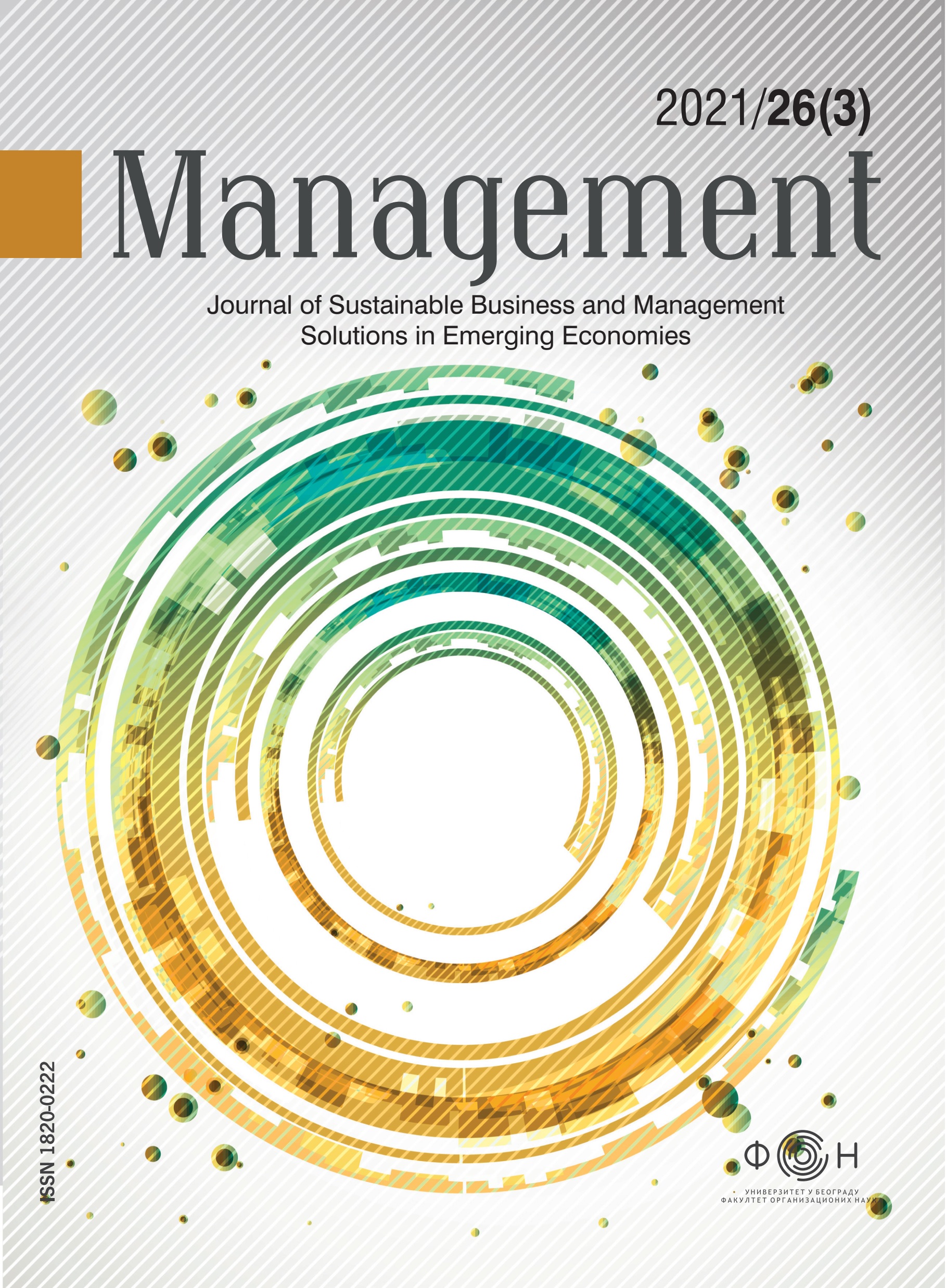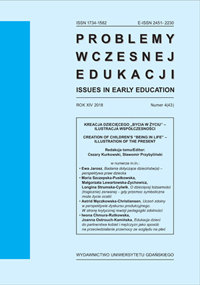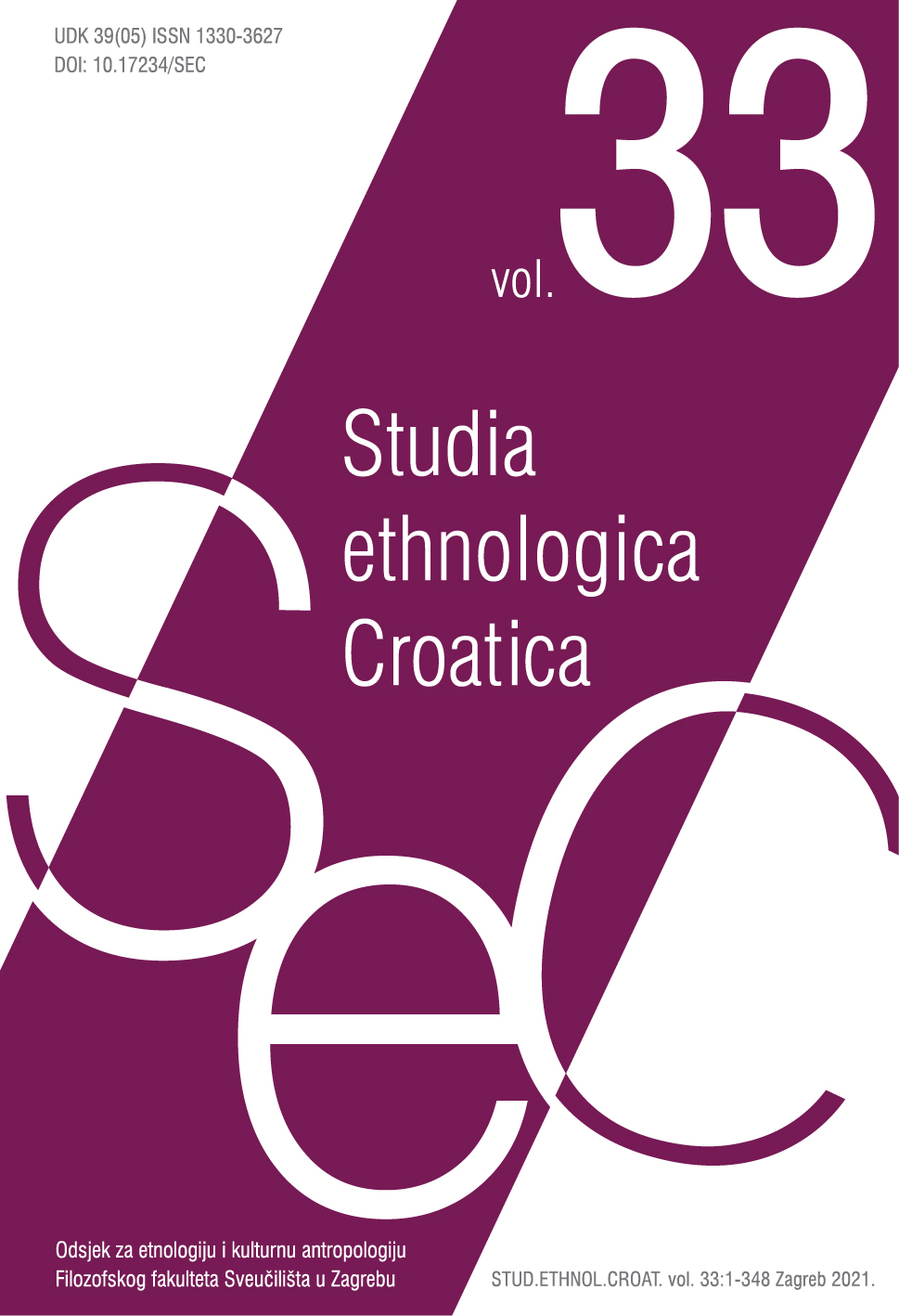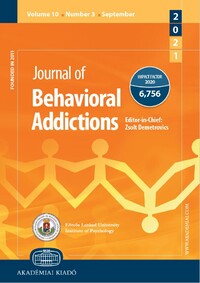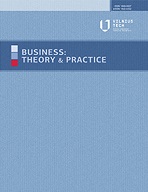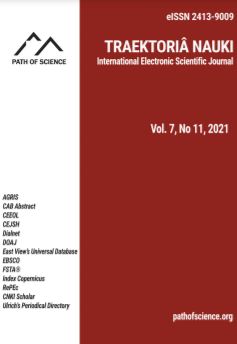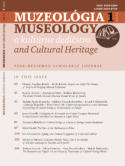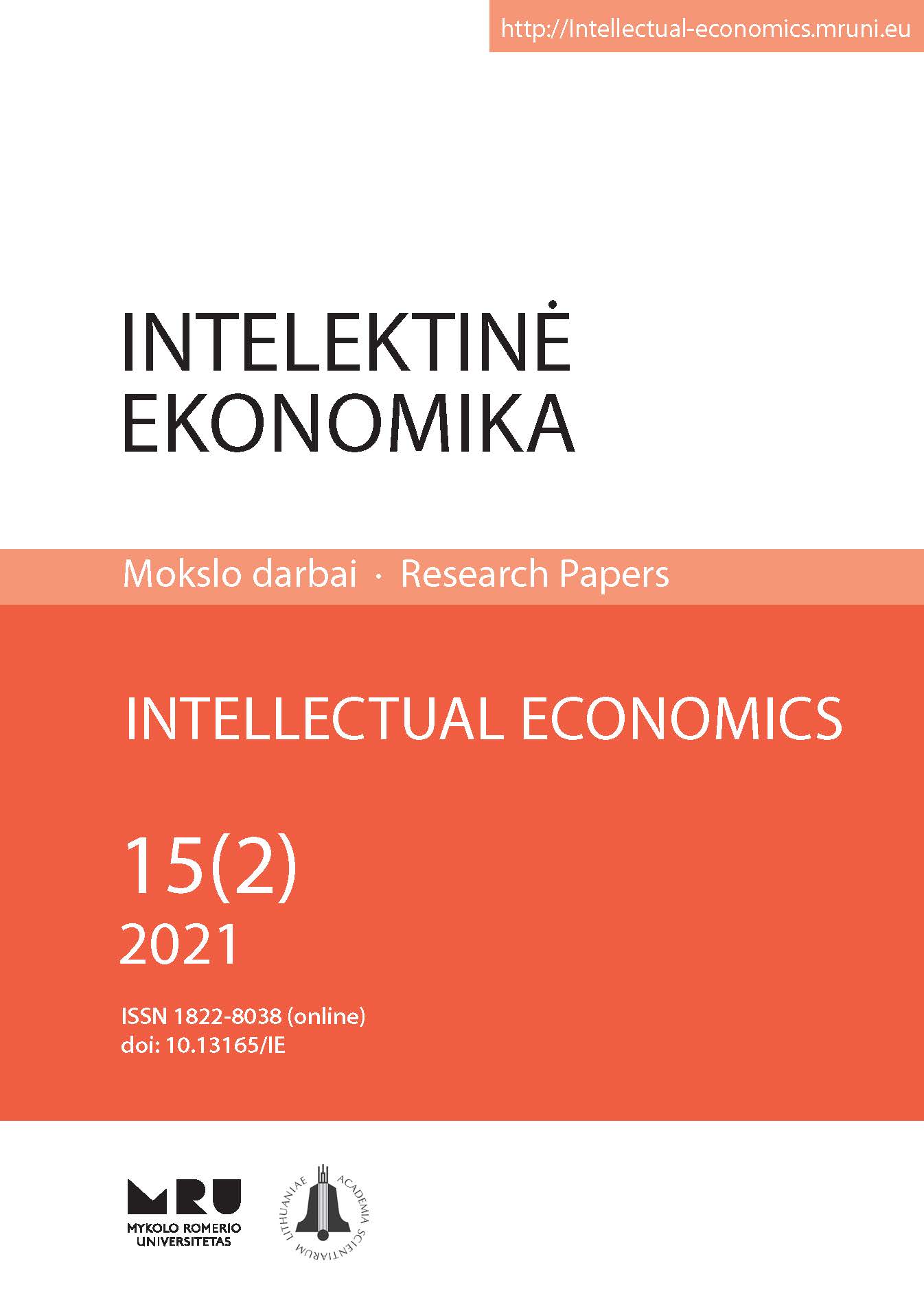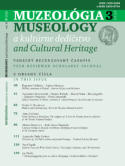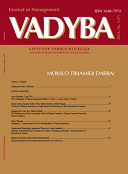
The Performance of the Leadership Traits of Female Leaders in Chinese Internet Promotion Service Industry
The Performance of the Leadership Traits of Female Leaders in Chinese Internet Promotion Service Industry
Keywords: female leaders; leadership traits; leadership performance; personal attributes;
With the economic globalization, the development of Chinese enterprises and employees' demand for leadership performance of leaders is constantly changing. And the leadership of female leaders or female characteristics has been gradually proved to be more in line with the future development of the enterprise. Due to the continuous growth of the number of female leaders and the continuous recognition of their leadership abilities, it is also important to study the leadership traits of female leaders or the changes in leadership traits brought about by the changes in their personal attributes. The research object of this paper is the female leaders of the Internet promotion service industry in Guangdong Province, China. IndependentSamples T-Test and One-Way ANOVA in the SPSS software are used to analyze whether the personal attributes of female leaders have an impact on the performance of leadership traits, and which traits are affected. The results show that 4 of the 8 personal attributes studied in this paper have an impact on the performance of leadership traits, and 14 of the 34 leadership traits studied are affected by different personal attributes of female leaders. This research can provide a reference for organizations to formulate relevant policies, optimize the structure of managemnet and give female leaders the opportunity to fully demonstrate their strengths. In addition, female staff should be treated more fairly in human resources recruitment and promotion. The behavior of organizations to reduce gender bias can promote women‘s better career development.
More...
